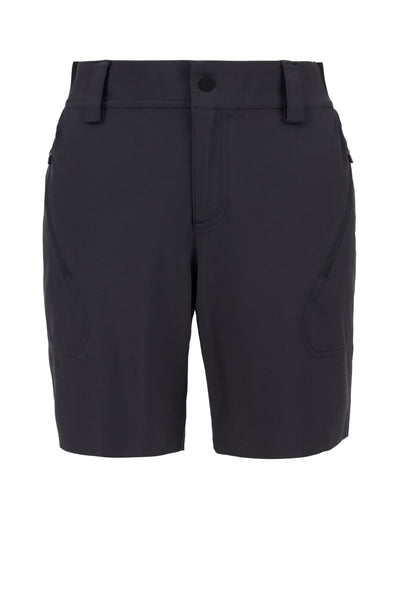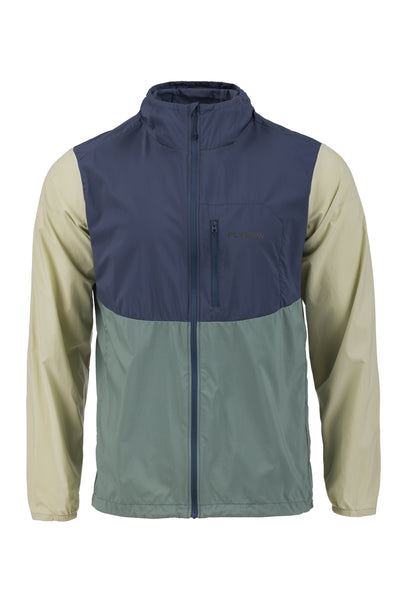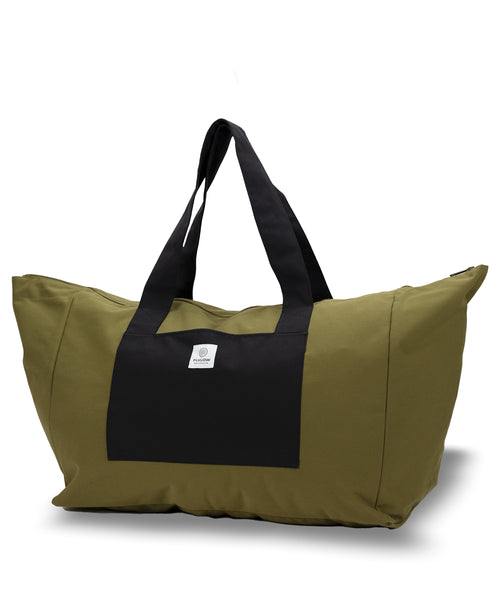You’ve called mountain biking your calling.
The way things tended to work out in the end, I do feel like there was divine intervention. This is where I’m meant to be. I don’t know why I’m here. I don’t know how I just won that race. Who am I to have a performance that stands out? For whatever reason, I’ve been blessed that way a lot of the time. That has helped me preserve through the difficult times. Like I was placed here for a reason.

Motherhood is the hardest and most underappreciated role but it’s the most powerful in all of society.
Your daughter was born pretty early in your bike racing career, right?
I was 28. I was winning everything. I raced as an amateur in 2011, then got upgraded to pro in 2012. I did a couple of races, then found out I was pregnant. I was walking through these open doors with so much curiosity. It all felt exciting. I mean, who has a baby and pursues racing at the beginning of parenting? I was just embracing all of it. I started racing again when Layla was about three months old.
How does being a mom make you a better bike racer?
I feel like I have always been in a category of my own. It’s true what they say: Motherhood is the hardest and most underappreciated role but it’s the most powerful in all of society. There’s no way of understanding what it’s like until you’re in it. I have had to step away from any kind of comparison from my peers who I race with who have more flexibility. In the end, racing is very shallow. The depth that I have been able to experience through being a parent makes bike racing just not that big a deal. I tend to take on a mom role with my teammates and the younger racers. I feel like part of my racing journey is also being encouraging and a mentor to others.
Take us back to winning Leadville in 2019. You won that race by 17 minutes. What went well at that race?
It was my first 100-mile race and at altitude. There are so many factors that could go wrong. But things went right. My body seemed to naturally know how to race that distance. So much of that race is just focusing on yourself. You can’t really try to pace with someone else. You are racing them, but at the same time, it’s very focused on your own pacing strategy and your own nutrition. It’s really freeing. If something happens in a race, you have the controllables and the uncontrollables. It’s surrendering to the process of that race and letting that race come to you, in a natural way. It’s so much easier to paddle with the current than against it.

I’m used to having to push through fatigue and keep going. That’s when my body can adapt.
What’s your plan for returning to Leadville this summer?
I’m doing some things differently. I’m sleeping in an altitude tent at home, I plan to show up a week and a half to two weeks early to adjust to the altitude in Colorado. It’s really increasing the training volume and intensity, doing multiple hard days in a row. I’m used to having to push through fatigue and keep going. That’s when my body can adapt. The day after Leadville, I’m going to be racing the Breck Epic, a six-day mountain bike stage race out of Breckenridge. I won’t get a rest day in between. I will be crossing the finish line and hopefully someone can carry me to my bed.

Navigating injuries taught me that I don’t need to be racing to be happy.
You’re used to spending much of the year at mountain bike races. What was it like for you when COVID shut all of that down?
Navigating injuries taught me that I don’t need to be racing to be happy. There was a point where I was dependent on races and receiving accolades for good performances and thriving on that aspect of being a professional racer. But in 2018, I broke my fibula and had a chronically dislocated shoulder and ended up sitting out the whole season after getting surgery. I had to change my perspective, my value as an athlete wasn’t dependent on race results. With injury, it can feel isolating. But when COVID hit in 2020, it wasn’t just me. Nobody was racing. At that point, too, I developed an appreciation for bonus time at home. It was such a special time with my family.
What pieces of Flylow Gear do you use most regularly?
I love the Tia Shorts, which are low profile, stretchy, but still give that comfortable baggy sensation for a fun ride. When I’m in spandex, it’s all business. When I’m in baggy shorts, I’m out to have some fun. The Davis Jacket may be my favorite and most critical piece: It’s lightweight and breathable, very compact, and is the perfect layer to be always prepared for alpine rides and variable weather. I never leave home without a Remnant Tote. I used it at the lake yesterday. It works great as a gear bag.
Tia Short
These light and fast MTB shorts are still casual enough in style to wear after the ride, too.
Buy Now
Davis Jacket
The Davis Jacket is a durable, lightweight, breathable windbreaker built for mountain biking and other windy moments.
Buy Now
Remnant Tote
A large zip-top tote bag made from tough leftover Oxford fabric for hauling your gear around.
Buy Now






